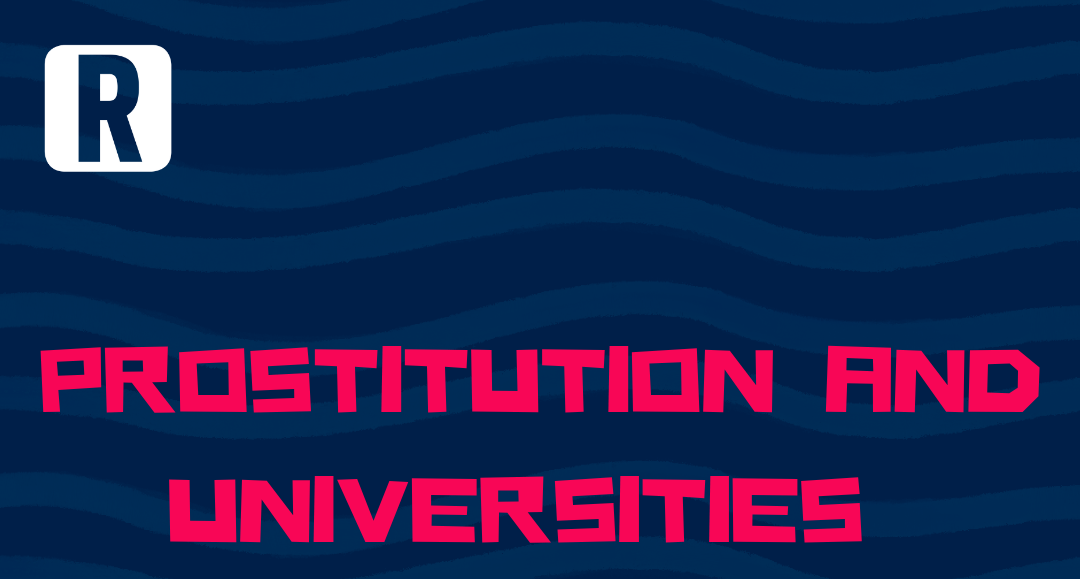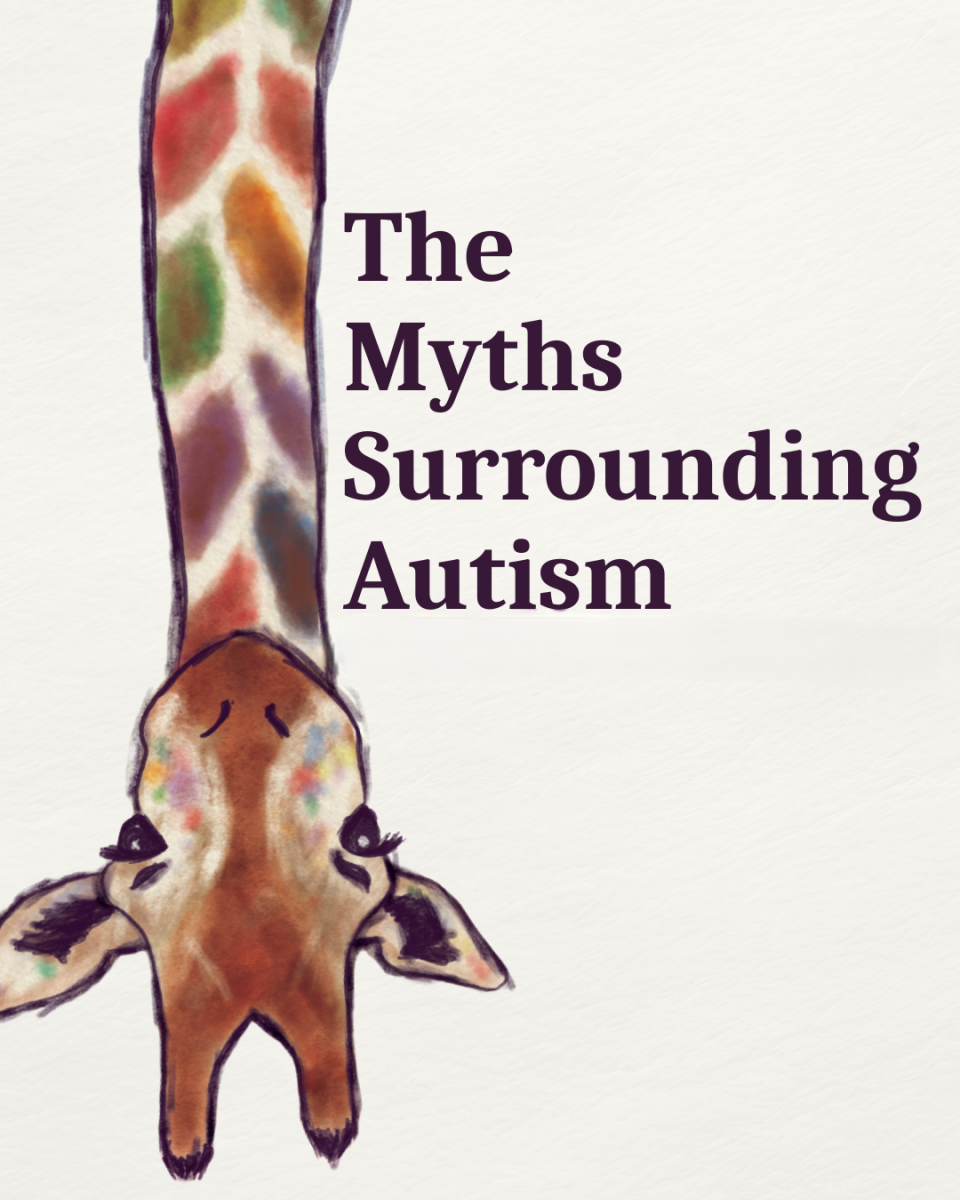Sex work is often considered one of the world’s oldest professions. A study published by the New York Times reported that capuchin monkeys traded grapes for sex as a primitive form of trade when introduced to the concept of currency.
In humans, sex work manifests itself in many different forms, digitally and physically. The most visible forms of sex work are streetwalkers and porn stars. These professions have been difficult for both sex workers and Johns & Janes (solicitors) due to their illicit status.
However, due to the legality of pornography and sex work, they are safe to practice sex work as long as they do not work in the streets. In recent decades, many different countries have begun adopting models to manage the prostitution “problem.” Universities have also taken the initiative to reduce the number of students participating in sex work.
Online Pornography
Since the inception of Playboy, Hustler and Penthouse magazines, the porn industry has raced to innovate. Since the 1990s, pornography has become widely accessible across the internet. Pornography has stopped being something kept behind the counter or hidden and has become just a few taps away.
During this transition, many individuals saw this opportunity as something that could generate immense revenue. This created a lucrative image of a successful porn star and helped destigmatize sex work to a degree. Sex workers who worked the street and in brothels were often considered more distasteful than a porn star because of the degree of intimacy in it. Consuming pornography removes them from the impact of pornography. There is a line between fantasy and reality for most consumers, and many of them live in the fantasy, ignoring the real-world impacts.
Much literature and studies have been released examining the realm of pornography and its impact on women and feminism. Published in 1981, Andrea Dworkin’s “Pornography: Men Owning Women” criticized pornography. Dworkin determined that it was used to victimize women and normalize sexual violence.
Many online sex workers experience stigma associated with their work. However, it’s debated whether doing online sex work like OnlyFans empowers women or is oppressive. Bella Thorne, a famous actress from the hit Disney show “Shake It Up”, went on OnlyFans in 2020 and earned $1 million within the day, creating a more positive image on OnlyFans and inadvertently encouraging many young women to view it as an easy cash grab.
Students and Sex Work
Some universities set policies regulating whether their students can engage in sex work. Most are highly obscure and confusing to navigate. Those policies often penalize students for activities such as camming, adult film, photo creation/distribution and adult dancing. These reinforce the notion that students who do sex work are unwelcome and risk tarnishing the university’s image. By enacting such policies, support for students who are also sex workers is diminished, especially in the health sector. Students may be more afraid to report to the health centers on campus for any sexual health-related visits, fearing discrimination.
RIT does not have an explicit policy in the student conduct handbook that prohibits students from conducting sex work on campus. However, resources at the Student Health Center and the Women, Gender, and Sexuality Resource Center in Campus Center are available to those who need them. The resources include STD testing, emergency contraceptives and safe sex supplies like condoms and dental dams.
During a survey conducted in early September by Reporter, 88% of the 211 respondents, who are RIT students, said that they consumed free pornography, 10% created and released free pornographic content, such as nudes or sex videos and 9% paid for pornographic material on platforms such as JustForFans and OnlyFans. Pornographic use is common among college-aged students. A key area of concern when discussing pornography use in young adults is the impact that it can have on their relationships with each other, especially with its impact on the increase of misogynistic treatment of women due to their perception of them.
Discrimination
Sex workers are often shamed for their profession, lining up with centuries of legal discrimination and societal exclusion. Some sex workers reported that they felt persecuted and harassed due to their status. Isabella Terzoli, a third-year Women and Gender Sexuality Studies and interpreting double major, notices the stigma that many sex workers, especially young women, experience online.
“There’s definitely still a stigma [on sex work]. I have seen people, like, say, like, ‘OnlyFans detected, opinion rejected.’ And so I just think that’s kind of crazy. There’s definitely still a very negative perception of sex work,” Terzoli said.
Studies have shown that many sex workers experience fear of retaliation from their place of employment, friends and family due to their work. They also often experience fetishization and are forced to degrade themselves to fit a specific vision. “I think when it comes to being transgender or nonbinary or some kind of gender queer, people fetishize it a little bit more, and it becomes like a weird thing. Same with race, like, they portray people with race in a specific way. And I think that becomes really weird, like a fetish as well,” Terzoli said. According to Rights4Girls, a nonprofit advocacy organization, a sizable number of sex workers in the country are racial minorities. Many of those who go into sex work are often forced into the field by external forces such as having a pimp boyfriend, drug addiction, debt or poverty. It’s important for consumers of pornography to understand the real world impacts of sex work.









